KANGAR, Feb 10 — Shaharizal Mukthar has set his goals to run a business successfully by selling ‘roti benggali’ (a thick, white, and soft loaf) on a motorcycle and wearing atanjak (traditional Malay headgear) around Kangar and Kuala Perlis, come rain or shine, to support his family.
The father of two from Teluk Jambu, Bintong, said he was inspired to sell the bread wearingtanjakin April last year to attract the interest of people, especially the younger generation, to continue to inherit and preserve the Malay fashion heritage.
“I intend to share and expand this heritage with everyone because not many are willing to wear tanjak on a normal day, except for certain occasions,” the 40-year-old owner of Tanjak Roti Benggali told Bernama here.
With different types of bread and buns adorning his motorcycle, Shaharizal said, it is easier to sell freshly baked bread on a motorcycle to access villages and get closer to customers.
“Previously, I sold the bread with a friend, using a van. But it was difficult to get customers due to limited movement, we could not enter the rural areas and housing alleys.
“Alhamdulillah (praise be to God), the response has been very encouraging and what is more important, is that I am closer to my customers, and some of them become my friends,” he added.
Shaharizal said he obtained his three types of bread, namely roti benggali, roti benggali gandum (wheat), and soft bun, from a supplier in Penang.
“To satisfy the local taste buds, I improvise to over 10 types of flavours, including kaya, margarine, strawberry, pineapple, chocolate, and vanilla,” he said, adding he sells about 240 packets of bread daily.
Shaharizal said currently he only sold bread around Kangar and Kuala Perlis from 8 am and 8 pm and could not meet the demand because he worked alone.
“I plan to expand this business in the form of franchises, to young people who are interested, “ he said, adding that he is ready to share his business experience with those interested in starting a bread-selling business as he believes that the ‘rezeki’ (sustenance) should be shared.
Sources: BERNAMA

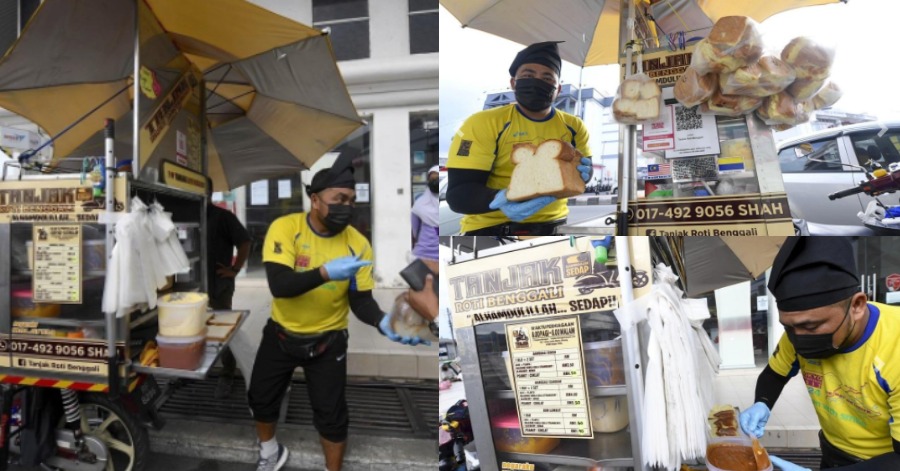
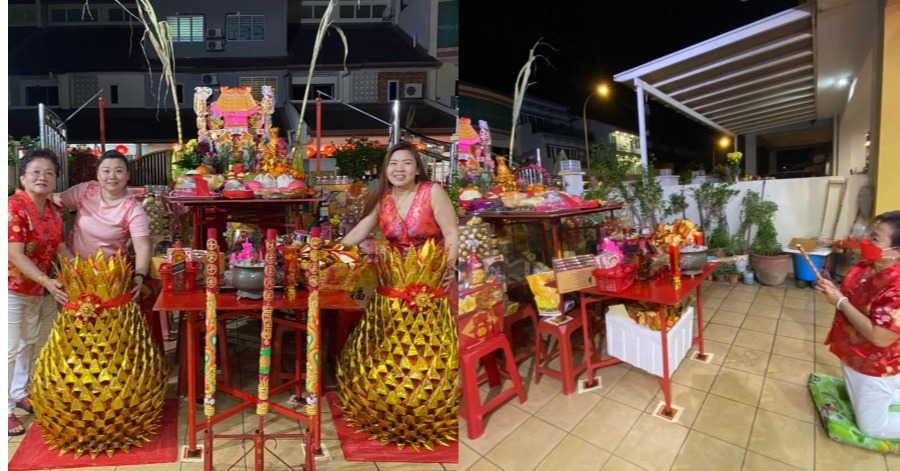

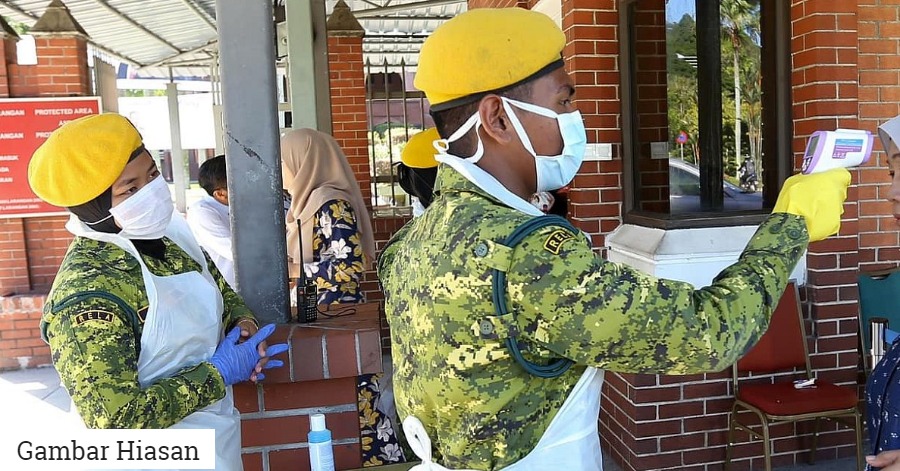
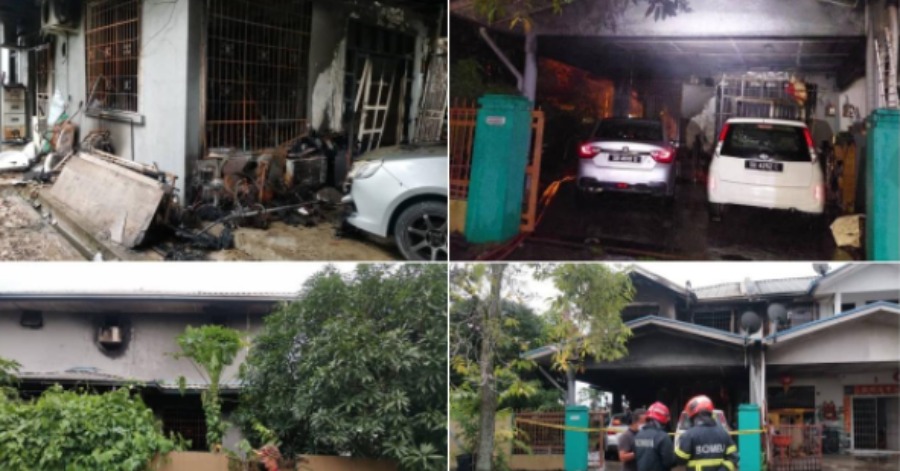
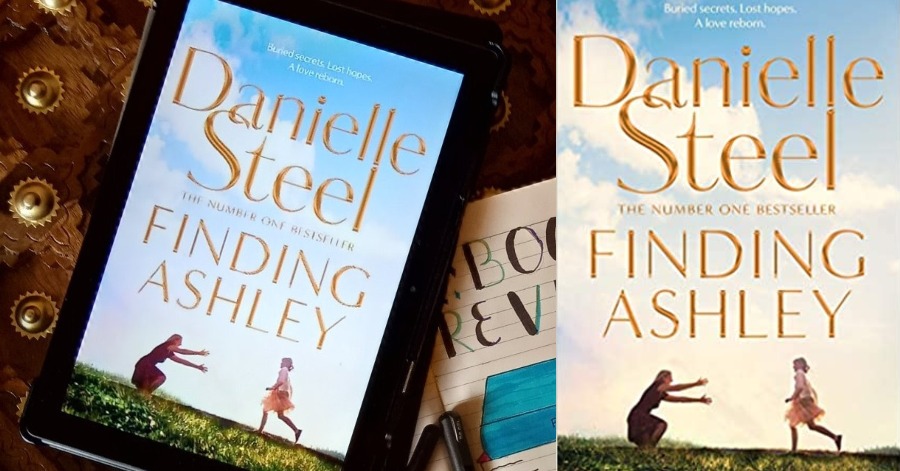
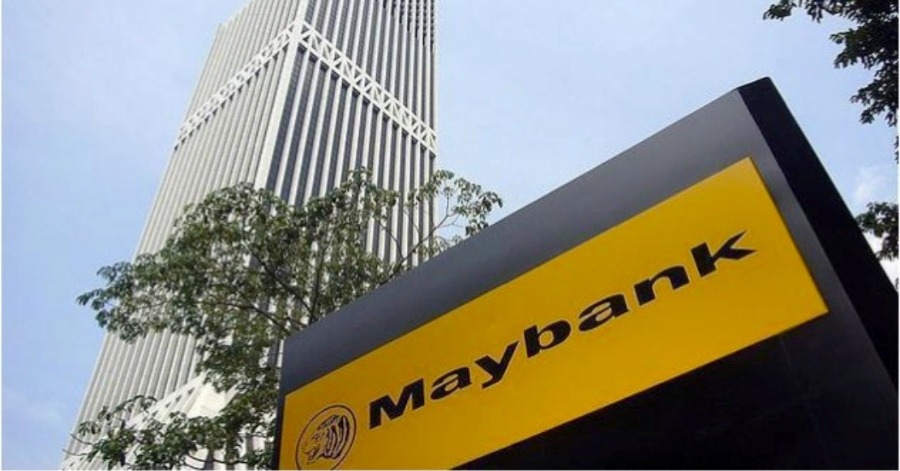
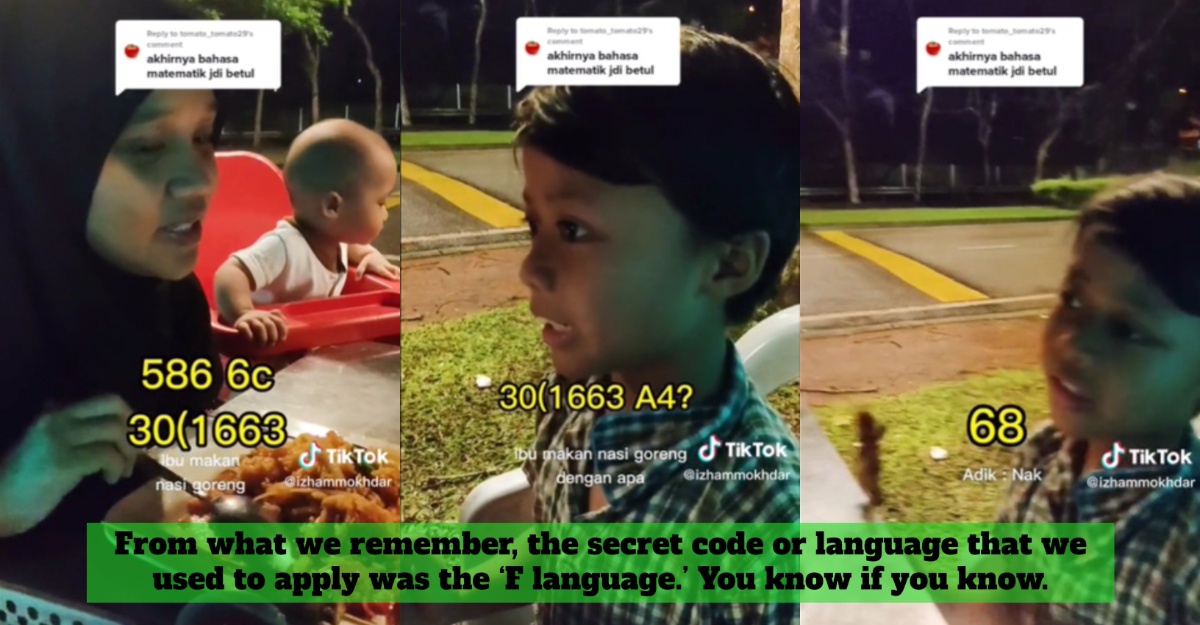
Leave a Comment